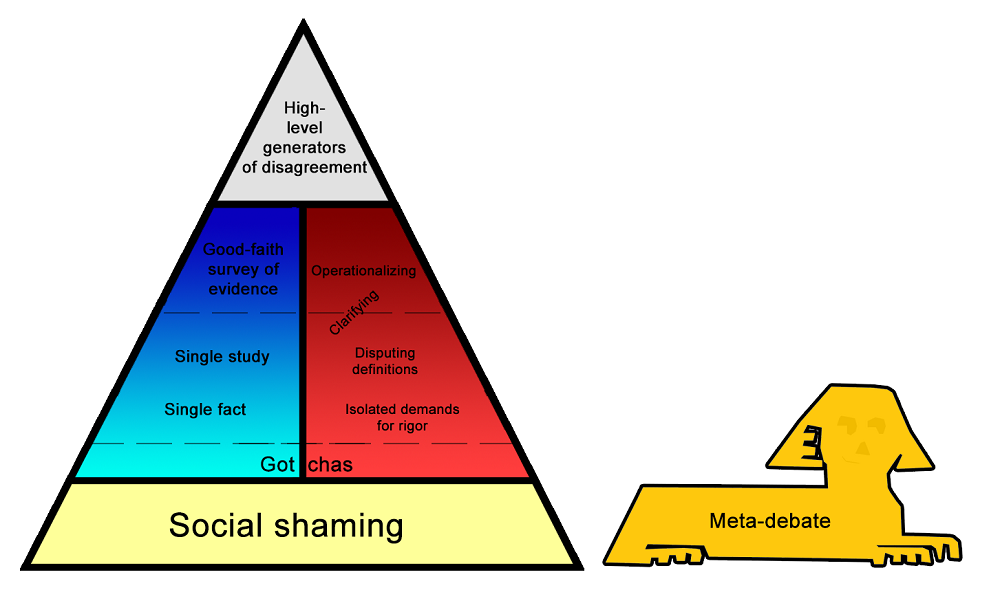He asks how willing you would be to take your income today back to 1973 and buy the goods and services available back then at those 1973 prices, or whether you would prefer to stay in the present.
That is, suppose you were offered a time machine in which you could take your current income and use it to choose from a 1973 market basket. Would you get into that time machine?
The official statistics used to calculate inflation and “today’s real income in 1973 dollars” would say that it’s obvious you should get into the time machine. You’ll be so much richer, buying a new car for less than $5000 and buying gas for less than 60 cents a gallon.
But a lot of people would think twice about getting into that time machine. No Internet, that 1973 car won’t be roadworthy very long, when you go Israeli dancing you’ll be stuck doing the boring oldies (for some reason, Russ doesn’t mention that last example), etc.
The bottom line is that the official statistics probably vastly over-estimate the satisfaction you would get out of getting into that time machine. Russ argues that this means that the official statistics under-estimate the gains in satisfaction that have taken place from 1973 to today.
Another way to run the thought experiment might be to take 1973 income and apply it to today’s goods and services. Suppose that you are in the 65th percentile in the income distribution today. Go back and find the 65th percentile in 1973, in 1973 dollars. Now, give yourself that amount, which might be $25,000 (I am totally making that up). Would you rather have that income today, or would you jump into the time machine to take it back to 1973?
Suppose that with an income of $25,000 you would jump into the time machine, because today’s rents and cost of other basics make that $25,000 look puny. You’ll do without the Internet, the more durable car, and the more exciting dances, thank you very much.
Now ask, how much more than that $25,000 would you need in order to talk you out of getting into the time machine? Suppose you would be content with $50,000. In that case, your subjective cost of living has gone up 100 percent, because you asked for an additional $25,000. But the official statistics seem to say that the cost of living has gone up 500 percent, implying that you would require $125,000 to talk you out of jumping into the time machine. That is a big difference. The official statistics are probably heavily biased to overstate the rise in the cost of living (which means that they understate the improvement in living standards) by a substantial amount.
I know what you’re thinking: these thought experiments are ridiculous. We can’t really use them to measure living standards. But the official statistics, and the claims people make about stagnation or growth based on those statistics, amount to thought experiments.
Thought experiments are all we have. It’s just that some of them are blessed with “official” status. And they are probably way off.
